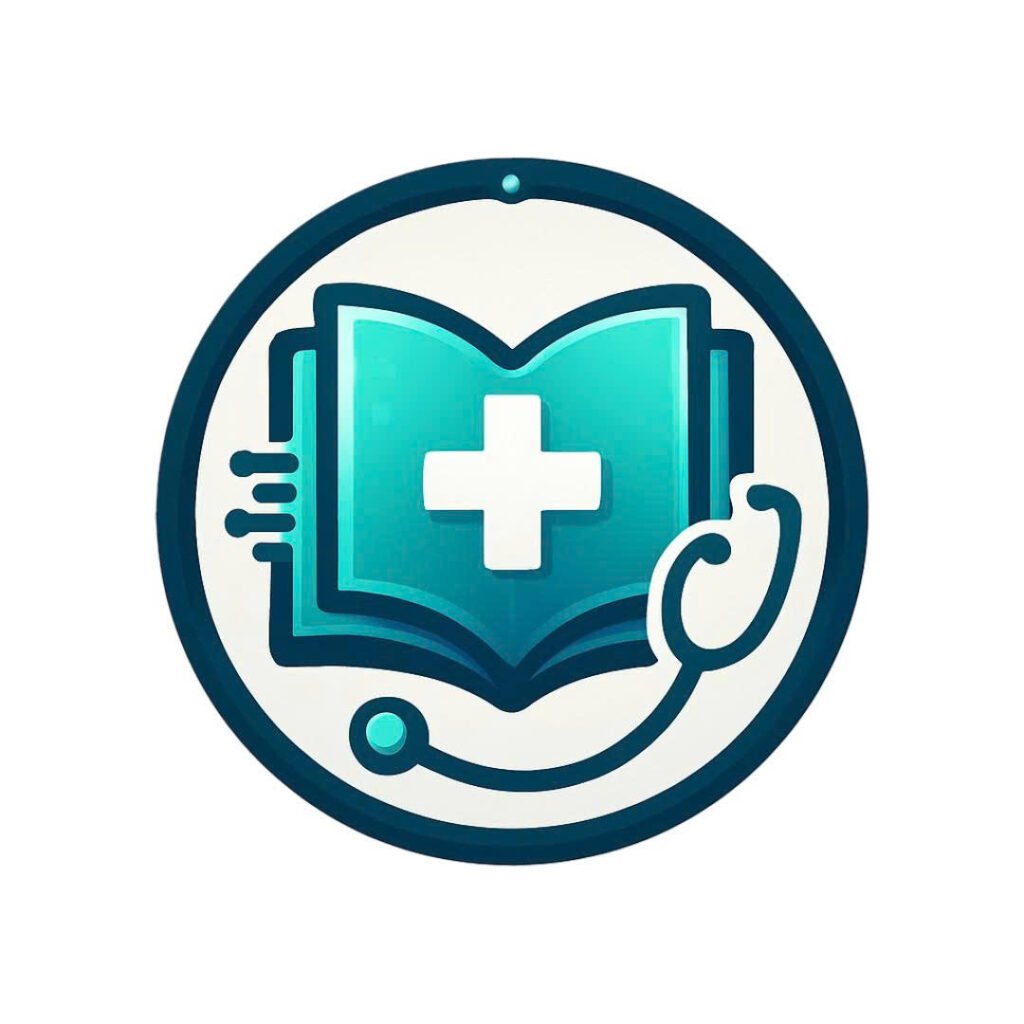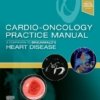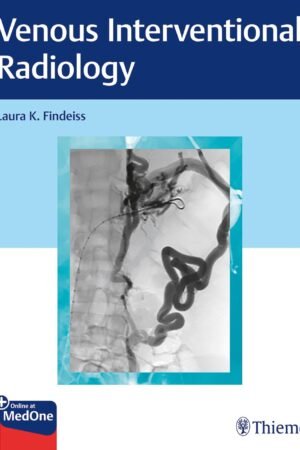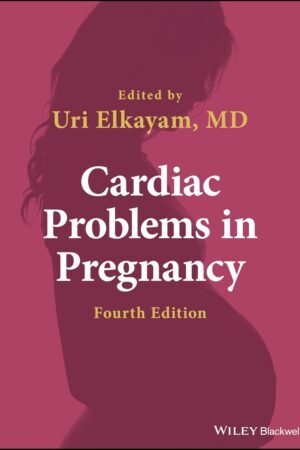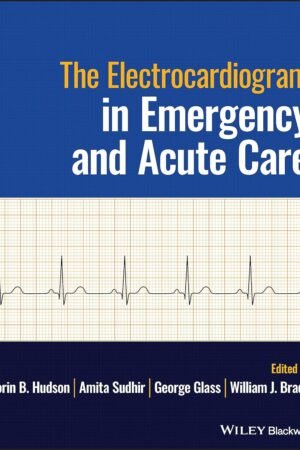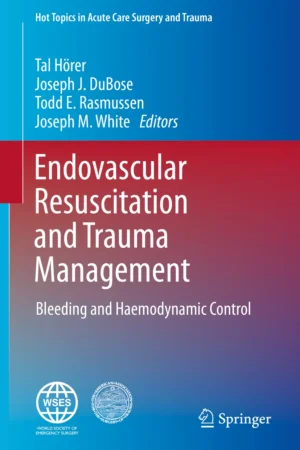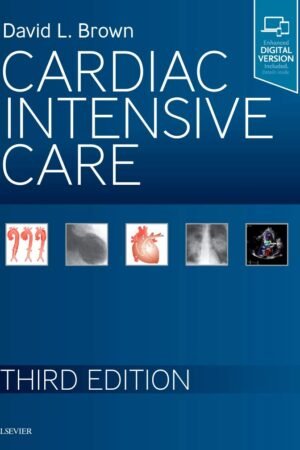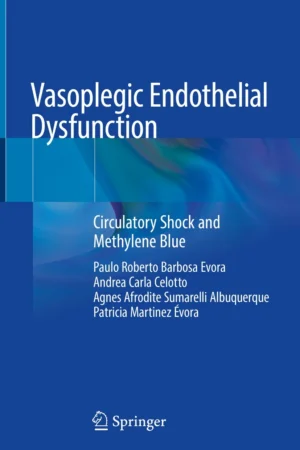Cardio-Oncology: Principles, Prevention and Management PDF
FREE
Cardio-Oncology: Principles, Prevention and Management PDF
Introduction
Cardio-Oncology: Principles, Prevention and Management PDF is a comprehensive guide focused on understanding, preventing, and managing cardiovascular complications associated with cancer therapy. As cancer survival rates improve, the long-term cardiovascular health of patients becomes increasingly important. The field of cardio-oncology bridges oncology and cardiology, ensuring that patients receive treatments that maximize cancer control while minimizing heart damage. According to the American Heart Association (AHA), cardiovascular complications are a leading cause of morbidity in cancer survivors.
Why Cancer Therapy Can Affect the Heart
Chemotherapy-Induced Cardiotoxicity
Certain chemotherapy drugs, especially anthracyclines, can damage cardiac muscle cells, leading to heart failure. These effects may appear during treatment or years later, highlighting the importance of long-term monitoring.
Radiation Therapy Effects
Radiation to the chest can injure blood vessels and accelerate atherosclerosis, increasing the risk of coronary artery disease. Patients who receive radiation for breast cancer or Hodgkin lymphoma are particularly vulnerable.
Targeted Therapy and Immunotherapy Risks
Targeted agents and immunotherapies may interfere with normal cardiac signaling pathways. As a result, patients can develop arrhythmias, hypertension, and cardiomyopathy. The National Cancer Institute (NCI) notes that survivors remain at elevated cardiovascular risk even long after treatment ends.
Common Cardiovascular Complications in Cancer Therapy
Heart Failure
Chemotherapy-induced cardiomyopathy, particularly from anthracyclines, is a well-documented complication. Early detection through echocardiography and biomarkers is essential.
Hypertension
Agents such as vascular endothelial growth factor (VEGF) inhibitors frequently cause high blood pressure. Therefore, regular monitoring and antihypertensive therapy are crucial.
Arrhythmias
Irregular heart rhythms may occur due to electrolyte disturbances, myocardial injury, or direct drug effects. Continuous ECG monitoring can help detect early abnormalities.
Ischemic Heart Disease
Radiation therapy can accelerate coronary artery disease. Consequently, patients may require stress testing or imaging to assess risk.
Thromboembolism
Certain chemotherapeutic agents increase the risk of blood clots, leading to pulmonary embolism or stroke. The European Society of Cardiology (ESC) provides guidelines for thromboembolic risk management in oncology patients.
Risk Factors for Cardiovascular Complications
Not all patients face equal risk. Factors that increase the likelihood include:
-
Pre-existing heart disease
-
Advanced age
-
High cumulative doses of cardiotoxic drugs
-
Chest radiation exposure
-
Hypertension, diabetes, and obesity
-
Genetic susceptibility
Diagnosis and Monitoring
Monitoring cardiovascular health is critical during cancer therapy. Recommended tools include:
-
Electrocardiography (ECG)
-
Echocardiography
-
Cardiac biomarkers such as troponin and BNP
-
Cardiac MRI
Baseline assessments prior to therapy and regular follow-ups allow early detection and intervention, improving patient outcomes.
Management and Prevention
Preventive Strategies
Using cardioprotective agents like dexrazoxane, limiting cumulative chemotherapy doses, and employing advanced radiation techniques can reduce cardiovascular risks.
Pharmacologic Therapy
Beta-blockers, ACE inhibitors, and statins are commonly prescribed to protect cardiac function. Antihypertensive therapy is vital for patients receiving VEGF inhibitors.
Lifestyle and Rehabilitation
Heart-healthy diets, exercise, and smoking cessation significantly improve long-term outcomes in cancer survivors.
Multidisciplinary Approach
Cardio-oncology clinics integrating oncologists and cardiologists provide optimal patient care. According to ASCO, incorporating cardiovascular risk management into cancer therapy enhances survival and quality of life.
Conclusion
Cardiovascular complications in cancer therapy are an increasing challenge in modern medicine. With early diagnosis, preventive strategies, pharmacologic therapy, lifestyle modification, and multidisciplinary care, risks can be minimized, improving both survival and quality of life.
👉 Download Cardio-Oncology: Principles, Prevention and Management PDF to explore clinical guidelines, case studies, and evidence-based strategies for managing cardiovascular health in cancer patients.
🌐 For more authoritative guidance, visit the American Heart Association (AHA), National Cancer Institute (NCI), and American Society of Clinical Oncology (ASCO).
